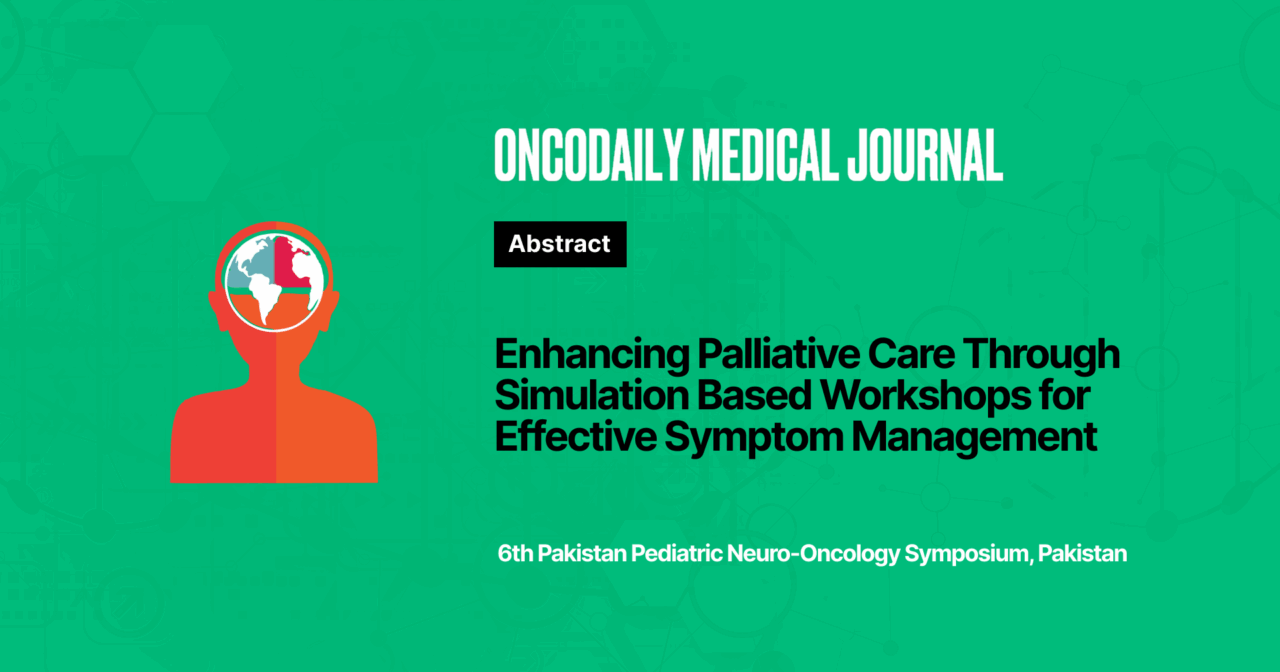Enhancing Palliative Care Through Simulation Based Workshops for Effective Symptom Management
Abstract
Introduction: Effective symptom management is a key component of palliative care, aiming to alleviate suffering and improve the quality of life for individuals with chronic illnesses. However, healthcare providers often face challenges in managing symptoms such as pain, dyspnea, nausea, constipation, and agitation due to limited competence, insufficient training, and lack of confidence. Therefore, simulation-based workshops efficiently bridge the gap between theory and practice, promoting better symptom management.
Methodology: A quasi-experimental, mixed-methods study was conducted to evaluate a four-hour workshop, structured using the Plan-Do-Study-Act (PDSA) framework. Thirty-three registered nurses participated in didactic sessions, case-based discussions, high-fidelity simulations, and structured debriefings. A 15-item pre- and post-workshop questionnaire assessed knowledge, while a post-intervention Likert-scale survey gathered qualitative feedback on learning outcomes and interprofessional collaboration.
Results: Participants showed a significant improvement in knowledge scores, increasing from 58.4% ± 10.6 to 87.3% ± 8.9 (p < 0.001), indicating a 70% relative gain. Furthermore, 75% of participants reported enhanced interprofessional collaboration and decision-making based on Likert-scale feedback, highlighting the role of simulation in fostering inter professional synergy and improving clinical decision-making in palliative care.
Conclusion: Integrating clinical knowledge with experiential learning equips nurses to confidently manage complex patient needs, ensuring dignified and patient-centered care. To ensure sustainability, regular refresher courses and incorporation of these workshops into ongoing professional development programs are recommended. Healthcare institutions should also adopt palliative curriculum and encourage participation to promote high-quality palliative care delivery.
Conflict of Interest: None
Funding: None
Disclosure statement: None
License: This article is published under the terms of the Creative Commons Attribution 4.0 International License (CC BY 4.0).
© Gulshan Amin Mohammad Valiani, 2025. This license permits unrestricted use, distribution, and reproduction in any medium, provided the original author and source are credited.





